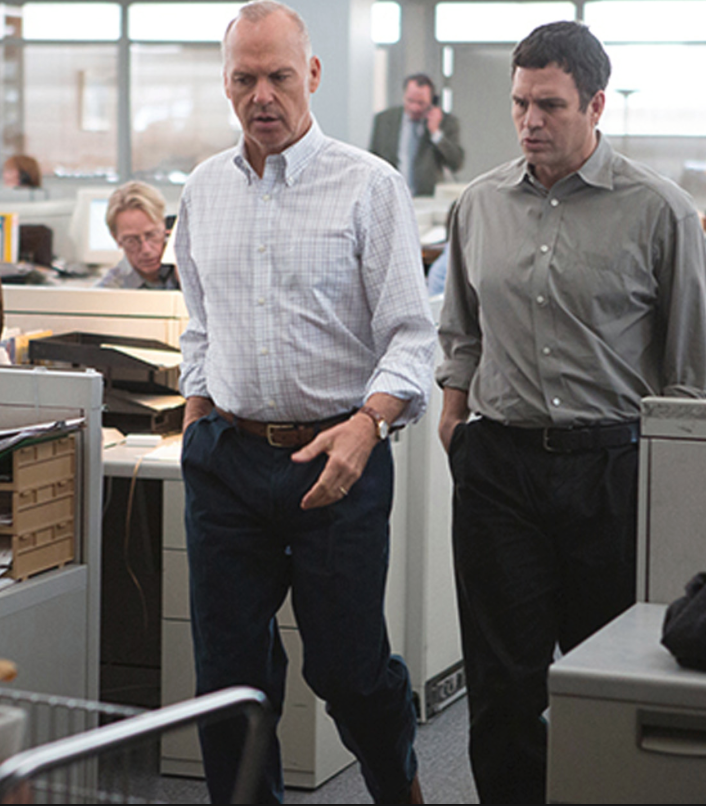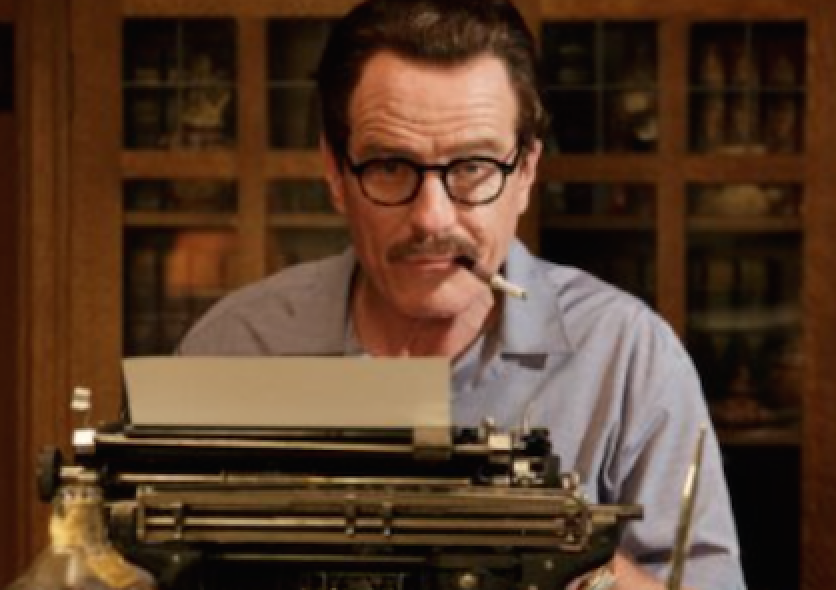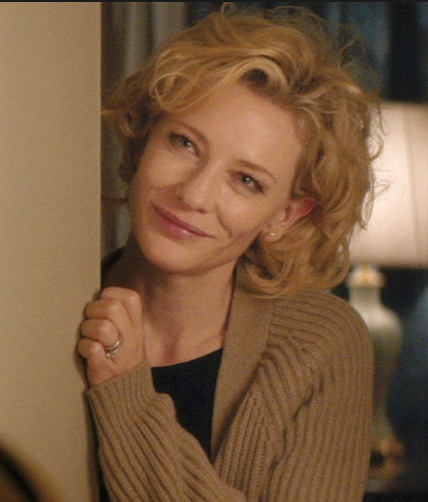 If last month’s “Truth” sings a swan song for the nobility of the media, “Spotlight,” about the Boston Globe’s Pulitzer Prize-winning exposure of the widespread pedophilia and subsequent cover-ups within the Catholic Church, reminds us that good journalism is not only necessary but possible. It does this by, pardon the pun, practicing what it preaches, and the result is a profoundly satisfying film – perhaps the most satisfying film that American cinema will deliver this year.
If last month’s “Truth” sings a swan song for the nobility of the media, “Spotlight,” about the Boston Globe’s Pulitzer Prize-winning exposure of the widespread pedophilia and subsequent cover-ups within the Catholic Church, reminds us that good journalism is not only necessary but possible. It does this by, pardon the pun, practicing what it preaches, and the result is a profoundly satisfying film – perhaps the most satisfying film that American cinema will deliver this year.
Keeping up the good form he introduced in last year’s “Birdman,” Michael Keaton stars as Walter “Robby” Robinson, a Boston native who is the editor of Spotlight, an investigative arm of the Boston Globe that’s comprised of Michael Rezendes (Mark Ruffalo), Sacha Pfeiffer (Rachel McAdams), and Matt Carroll (Brian d’Arcy James). All four are lapsed Catholics with Boston roots, which would be neither here nor there had Marty Baron (Liev Schreiber) not just been appointed as the paper’s new editor. It is the summer of 2001, and The Boston Globe has recently been purchased by The New York Times. Baron, a transplant from Florida who is the first Jew ever to hold the position, is a true outsider and is treated accordingly – not only because of professional concerns (he cut staff by fifteen percent at his previous paper) but because Bostonians are, fundamentally, territorial pissers. (To be clear, I am and always will be a proud Masshole.) Almost immediately upon his appointment, Baron commissions a resistant Spotlight crew to take another look at rumors of cover-ups of priestly abuse. As it turns out, he’s right to do so, and the reporters are soon knee-deep in the story. Continue Reading →


